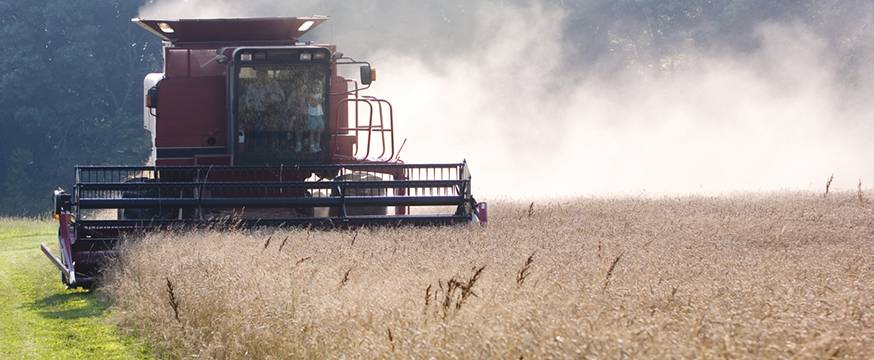
Student understanding of food and fibre origins
Research 30 Mar 2012 3 minute readPrimary Industry plays a vital role in Australia’s economy and society. However, there is concern that the gap between rural and urban communities is growing, and that this may be contributing to a lack of understanding among our young people of where food and other basic necessities of life come from.
In 2010, the Primary Industries Education Foundation contracted ACER to design and conduct a baseline survey of students and teachers to find out what they know about primary industries in Australia, focusing on where food and fibre products come from. The survey was conducted from June to October 2011 and involved the participation of 213 Grade 6 students, 687 Grade 10 students and 53 teachers from 71 schools.
Most of the students surveyed exhibited positive attitudes towards agriculture and farming, believing that farmers take care of the soil and their animals. However some students also believed that farming put wildlife at risk, with one-third of students responding that wildlife are unable to survive in farming areas.
When it came to understanding the origins of food and fibre, the results were quite positive, with the majority of students being able to name wheat and wool products, identify the stages in transferring fruit from an orchard to the home, or identify a product as plant-based or animal. However, both Grade 6 and Grade 10 students appeared to have difficulty in identifying cotton socks as being a plant product, with only 25 per cent of Grade 6 students and 58 per cent of Grade 10 students classifying it as such.
More than three quarters of Grade 6 and Grade 10 students correctly identified wool, cotton wool and sugar as items that grow and plastic and glass as items that are made. Interestingly, the majority of both Grade 6 and Grade 10 students incorrectly identified cardboard as something that started out in a factory or laboratory, rather than recognising that it starts out as a plant and is thus grown.
All of the responding primary school teachers saw knowledge and understanding of food and fibre production as at least somewhat important for young Australians today. Over half of the secondary teachers saw this knowledge and understanding as being very important for their students. Yet levels of familiarity among teachers with issues related to Primary Industries were not high, particularly in Fisheries, with very few of the teachers surveyed studying subjects related to Primary Industries while they were at university.
The report recommends that Primary Industry-focused resources and professional development opportunities may assist teachers to develop the knowledge and understanding needed to educate their students. In terms of extra or co-curricular activities, school garden programs appear to be popular and well-established among responding teachers. The report recommends using these as a platform for promoting participation in other Primary Industry-related activities, such as farm visits, competition in local Agricultural Shows and visits to local production facilities or factories, to extend students’ knowledge of the entire food production line.
Read the full report:
Food, Fibre and the Future: Report on surveys of students’ and teachers’ knowledge and understanding of Primary Industries, by ACER Senior Research Fellow Ms Kylie Hillman and ACER Research Fellow Dr Sarah Buckley, is available at <research.acer.edu.au/national_surveys/1>
